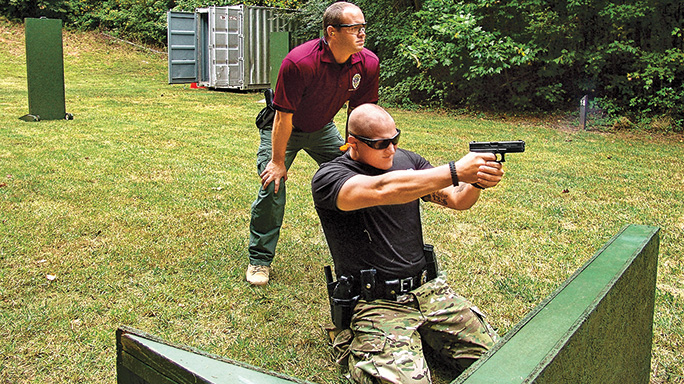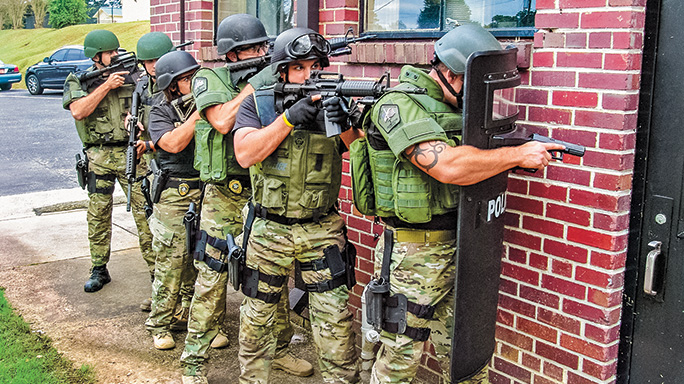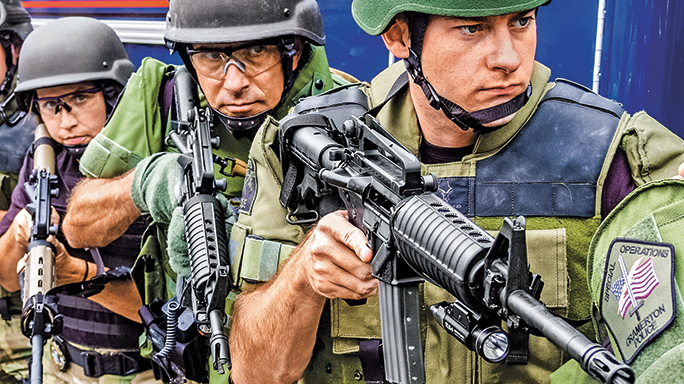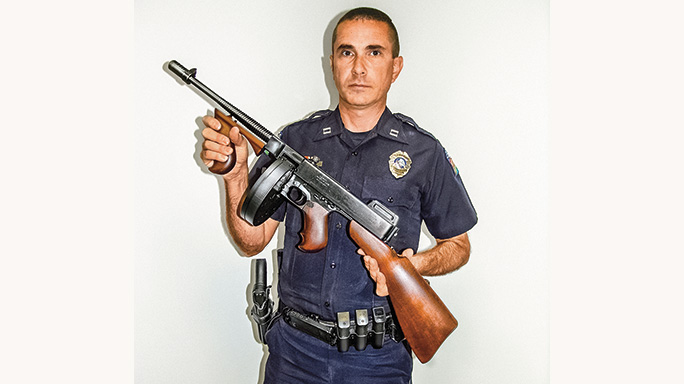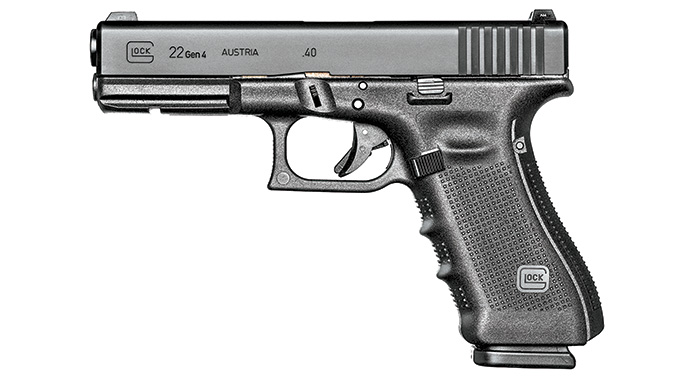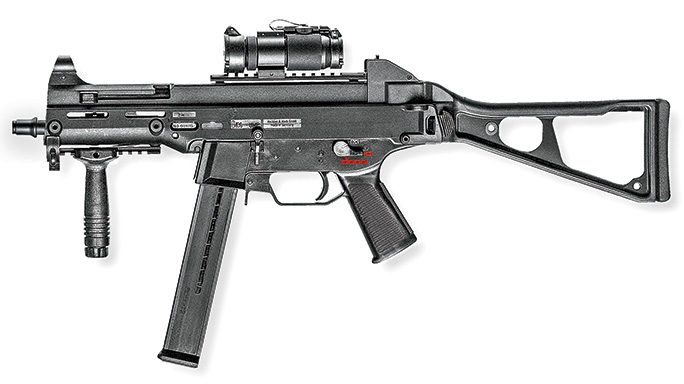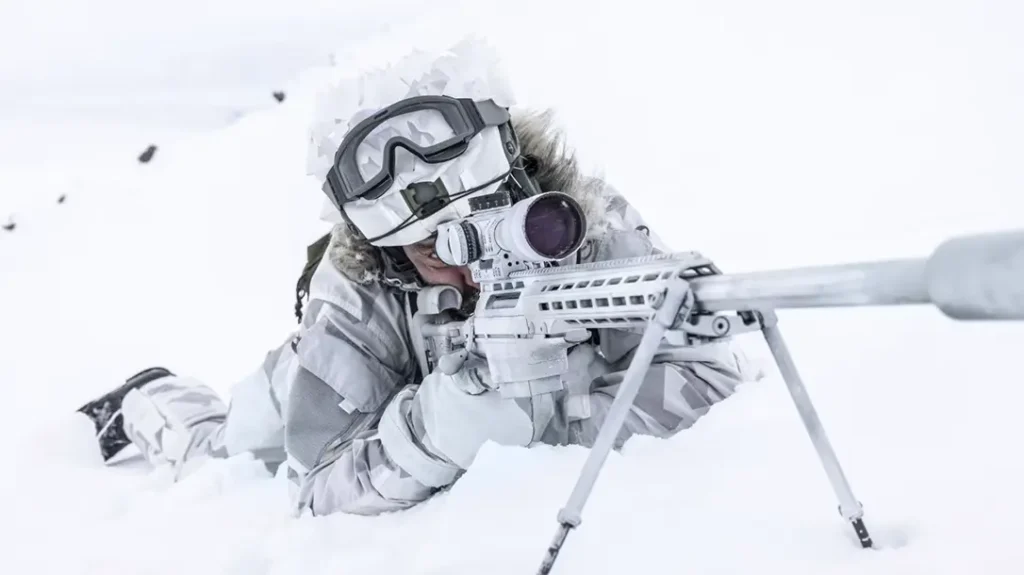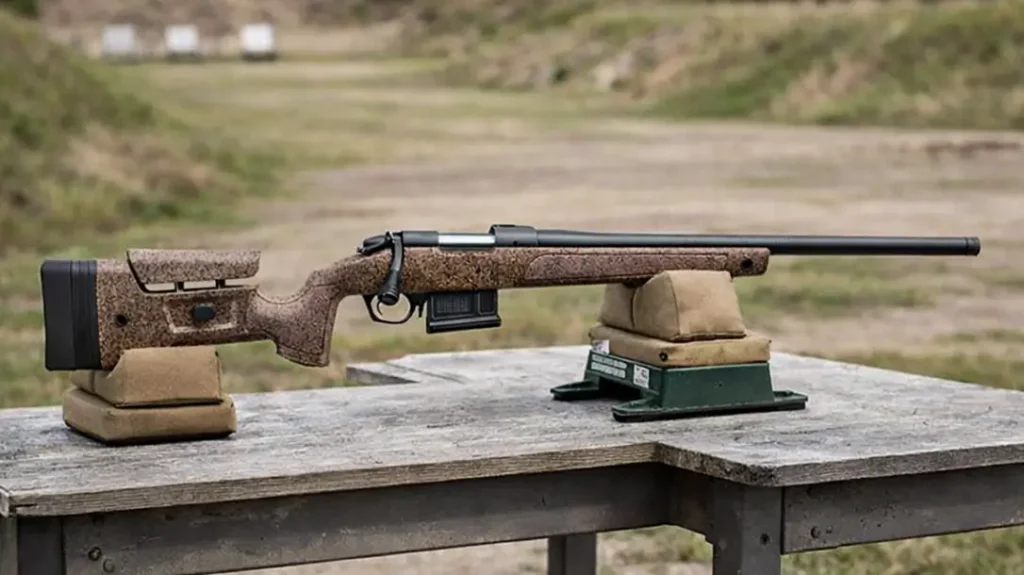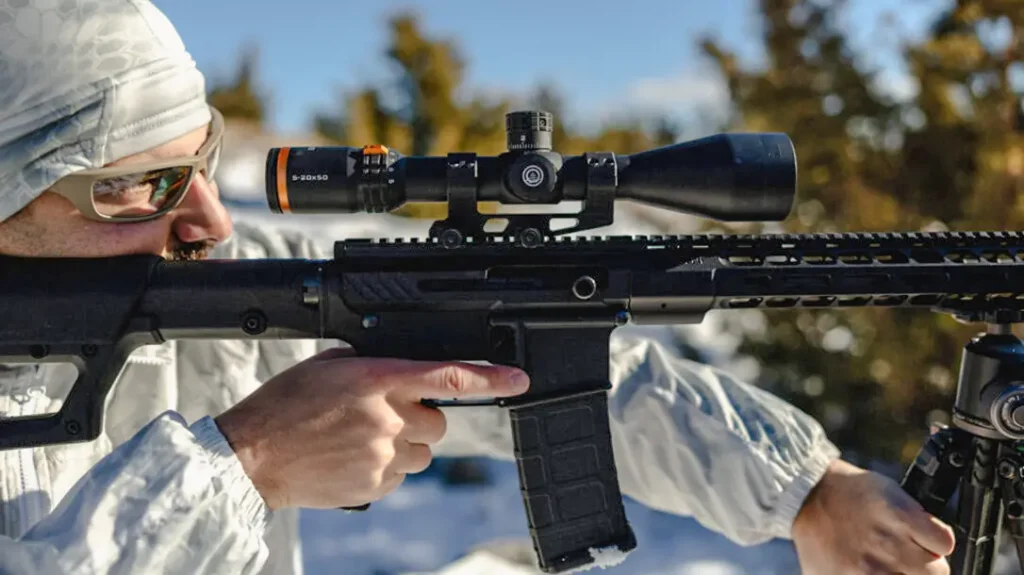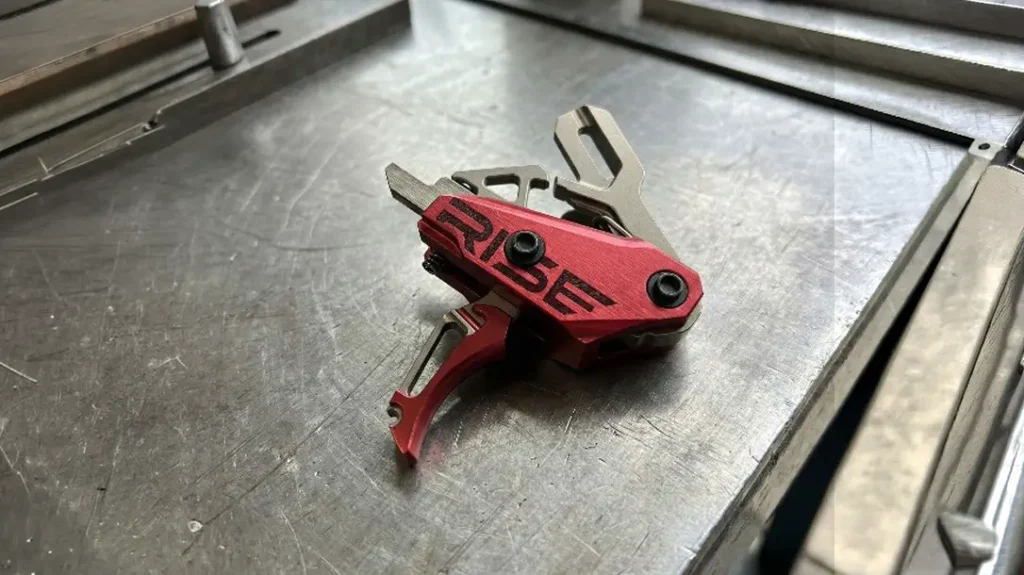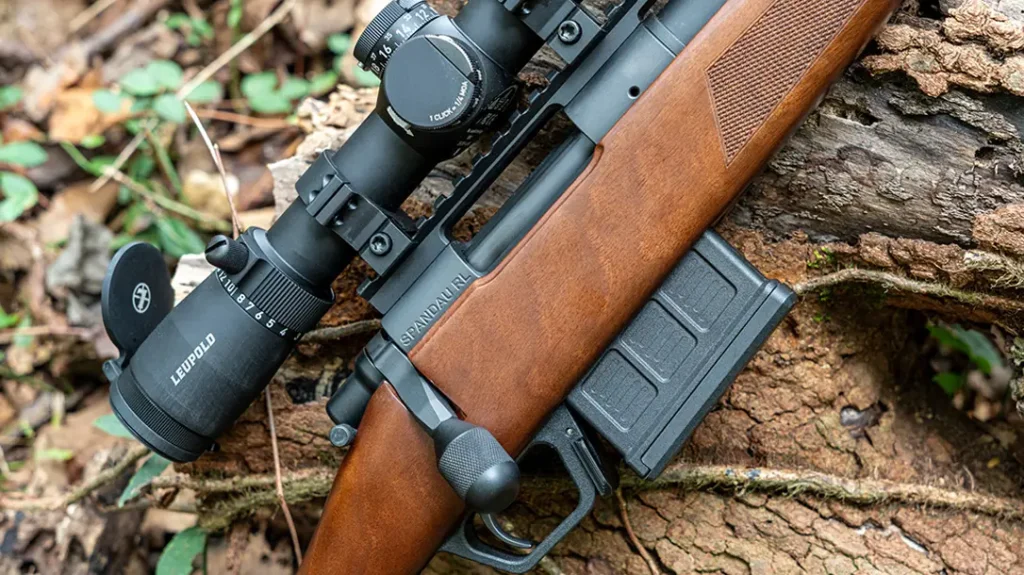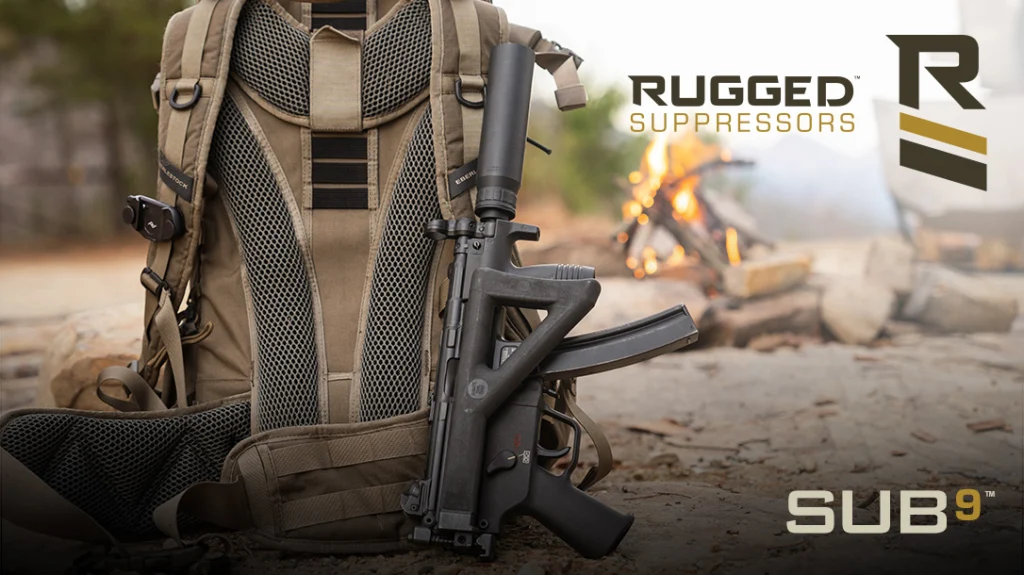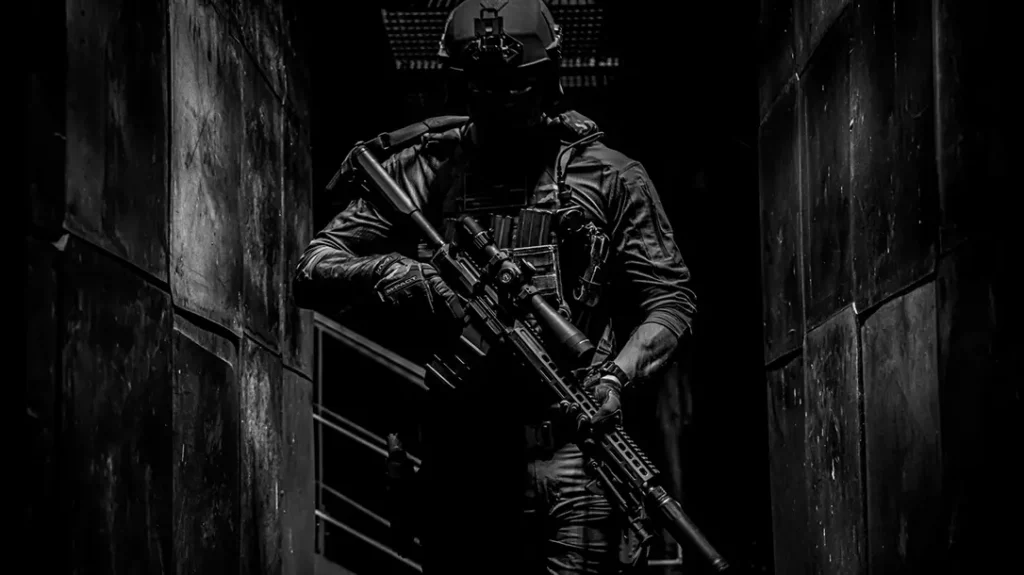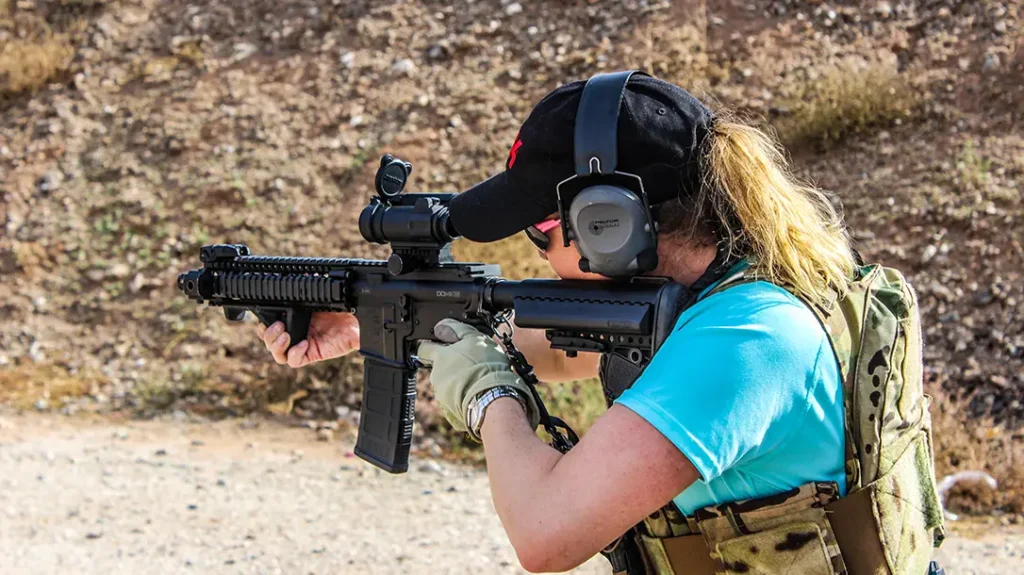Just west of Charlotte, North Carolina, are the Gaston County towns of Cramerton and McAdenville, which were created around cotton-spinning mills built early in the 1900s. For generations, these towns have been the homes for North Carolinians proud of their hard-working, textile-producing heritage who have turned good southern cotton into fabrics that warm and clothe all of America and the world. Industrialist Stuart Warren Cramer, who took ownership of the mill, revolutionized not only the Cramerton mill but also most of the southern cotton mills with a patented air cooling, filtering and dehumidifying process that we now call “air conditioning.”
- RELATED STORY: Agency Spotlight: Marietta Police Department
Adjacent to Cramerton is the town of McAdenville, which is also known as “Christmastown U.S.A.” for its famously extensive holiday lighting displays. The Cramerton Police Department (CPD) and its Special Operations Response Team (SORT) have jurisdiction over both towns. Cramerton realizes that its small police department has to be ready to immediately respond to both criminal and terrorist-based threats. As a result, the entire small force of sworn officers has been trained and is qualified in special operations tactics. This can be linked to CPD Chief Greg Ratchford, who provides the thorough training to ensure that the communities his officers protect have the most professional and prepared law enforcement officers possible. At least 10 times per year, the officers have the opportunity to be taught and challenged by their own instructors as well as guests to help maintain their cohesion, proficiency and tactical capabilities. This means frequent range time that consists not only of target practice, but also realistic, scenario-based training where the officers have to move and shoot at unfamiliar targets, both night and day, with each of their weapons.
Formidable Firepower
Advertisement — Continue Reading Below
Since training is ineffective without the best gear, the CPD has equipped its officers with world-class carbines, pistols and rifles that are designed to deliver the appropriate level of force to stop any possible threat. The weapons that the CPD has available are some of the most modern and cutting-edge systems around. The department also has one storied World War II weapon in its arsenal, but more on that in a minute.
The .40-caliber Glock 22 Gen4 sidearm was recently issued to all CPD officers because of its reliability, simplicity and low cost to own and maintain. The interchangeable backstraps not only allow for a near-custom fit for each officer’s hand, but more importantly, they ensure that the correct portion of the shooter’s finger is on the trigger for optimum accuracy.
The CPD uses Colt M4 carbines or M16A2 Commando carbines for patrols and SORT duties. Cramerton’s highly trained LE marksmen use venerable Remington 700 rifles, which can place a 7.62mm NATO round accurately out to 1,000 yards, with Leupold Mark 4 scopes.
Advertisement — Continue Reading Below
When it comes to submachine guns, the CPD has two Heckler & Koch UMPs in .40 S&W as well as one very unique, almost-century-old weapon seeped in both international and local history—the Thompson Model 1928.
CPD’s Tommy Gun
While Cramerton mill owner Stuart Warren Cramer developed the concept of air conditioning that everyone enjoys today, he was also known for paying his workers in cash, including silver dollars. As a result, every payday required a transfer of thousands of greenbacks and silver dollars by vehicle from the Federal Reserve in Gastonia to the mill. This was in the era that saw the end of Butch Cassidy and his “Wild Bunch” as well as the 1929 St. Valentine’s Day Massacre when Al Capone used a couple of Tommy guns to ventilate seven of “Bugs” Moran’s bootleggers. In other words, serious armed protection was necessary to prevent a violent robbery during that time. As a result, three U.S. Navy Model 1928 Thompson submachine guns, made by Colt for Auto-Ordnance, were obtained to be used by the guards that protected the frequent shipments of cash and silver. Apparently, just the threat of such overwhelming firepower apparently was sufficient, as the Thompsons were never used to fend off thieves.
Advertisement — Continue Reading Below
The former Cramerton Chief of Police Michael David Young described how three Tommy guns came to provide protection for the lives and livelihood of a whole community and then got lost as the roaring ’20s quieted down, the greatest generation came home from war, America boomed in the 1950s and progress moved us away from tradition. Chief Young went on to say how over the years, with the increasing use of modern banking and paying employees by checks, the Thompson submachine guns, in their handsome leather cases monogrammed with “SWC” for Stuart Warren Cramer, were stored and then forgotten in the vault of the mill office building that later became the CPD headquarters.
But what makes the Tommy gun, and especially the U.S. Navy Model 1928 “Overstamp” Thompson, so unique and valuable? The Thompson submachine gun was designed by John T. Thompson, a U.S. Army officer who also helped the Army develop the M1903 Springfield rifle and was a significant decision-maker in the adoption of the Model 1911 pistol by the U.S. Army. Without Thompson, WWI would have been fought with the Krag-Jørgensen rifle, and WWII battles would have been waged with the Reising SMG and six-shot revolvers! Besides the incredible and solid engineering, the Model 1928 “Overstamp” Thompson is very, very rare because it was originally marked as a U.S. Navy Model 1921 but was “overstruck” at the factory to read “Model 1928.”
In the era between 1957 and 1967, the trio of Thompson submachine guns was rediscovered in the mill basement vault and turned over to the Gaston County Police because Cramerton had yet to create a viable police department and someone thought there was no reason to have them sitting around.
Advertisement — Continue Reading Below
Once the CPD was incorporated, a dialog was started with the county police to have the Thompsons returned to the town where they were purchased. But proving their legal ownership proved difficult. The effort required much discussion between the city and the county, and currently, the negotiations have resulted in the return of one of the fully functional and near-pristine Model 1928 Thompson submachine guns that is now on display with 20-, 30- and 50-round drum magazines in the newly renovated CPD headquarters.
- RELATED STORY: Going Glock: 8 PDs That Switched to Glocks
Will the CPD ever get the other two Thompsons back? I don’t know, but if you get a chance, drop by the ex-mill building that is now the Cramerton Police Department headquarters and ask about the beautiful Tommy gun that started life as a defensive weapon protecting a town’s livelihood and payroll when Bonnie and Clyde, Baby Face Nelson and John Dillinger had yet to be brought to justice. Although it was never used to fire a shot in defense of the law, I am sure that just one of them, let alone all three together, would have ended any effort by outlaws to jack the Cramerton payroll. Maybe that is why nobody tried and the Tommy guns, their jobs done well, quietly faded away.
Weapons Spectrum
Advertisement — Continue Reading Below
GLOCK 22 GEN4
- CALIBER: .40 S&W
- BARREL: 4.48 inches
- OA LENGTH: 7.95 inches
- WEIGHT: 25.59 ounces (empty)
- GRIP: Polymer
- SIGHTS: Fixed
- ACTION: Safe Action
- FINISH: Matte black
- CAPACITY: 15+1
- MSRP: N/A
THOMPSON MODEL 1928
- CALIBER: .45 ACP
- BARREL: 12 inches
- OA LENGTH: 33.5 inches
- WEIGHT: 10.8 pounds (empty)
- STOCK: Walnut
- SIGHTS: Fixed
- ACTION: Select-fire
- FINISH: Blued
- CAPACITY: 20+1, 30+1, 50+1, 100+1
HECKLER & KOCH UMP
Advertisement — Continue Reading Below
- CALIBER: .40 S&W
- BARREL: 7.87 inches
- OA LENGTH: 17.71-27.16 inches
- WEIGHT: 4.96 pounds (empty)
- STOCK: Folding
- SIGHTS: Diopter
- ACTION: Select-fire
- FINISH: Matte black
- CAPACITY: 30+1
